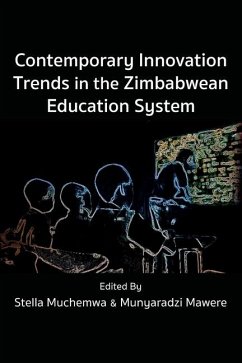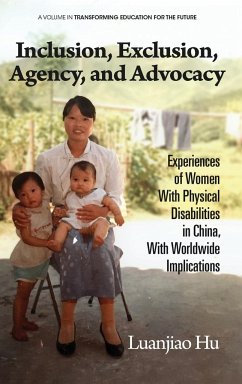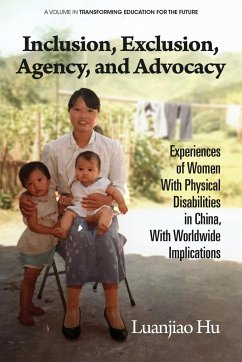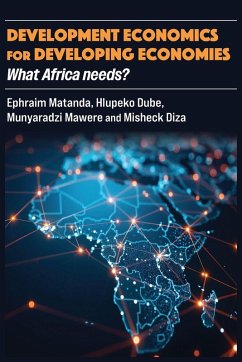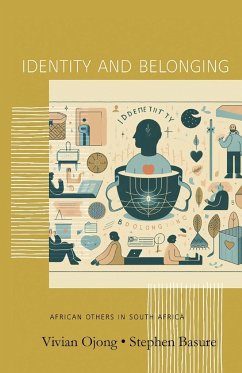Nicht lieferbar
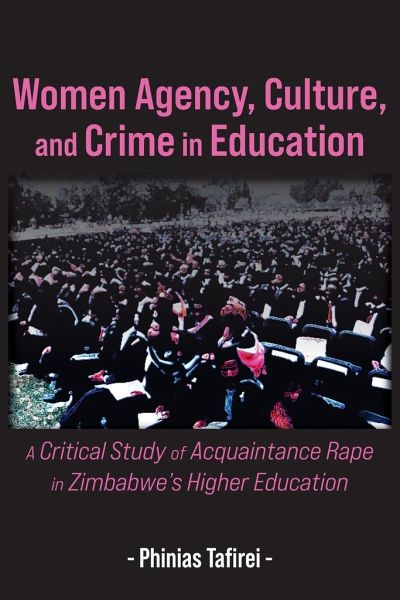
Women Agency, Culture, and Crime in Education
A Critical Study of Acquaintance Rape in Zimbabwe's Higher Education
Versandkostenfrei!
Nicht lieferbar
In the recent times, women agency in African circles has become a contested issue, with some arguing that women in African traditional societies lack agentic power, including the power to make independent decision. The issue has become even more contested in education where culture meets face-to-face with agency in all its forms. In an attempt to get to the bottom of the subject in question, this book examines, using empirical data from the field an often hidden crime, acquaintance rape, which for many years has been allowed to spread its tentacles in Africa's institutions of higher education....
In the recent times, women agency in African circles has become a contested issue, with some arguing that women in African traditional societies lack agentic power, including the power to make independent decision. The issue has become even more contested in education where culture meets face-to-face with agency in all its forms. In an attempt to get to the bottom of the subject in question, this book examines, using empirical data from the field an often hidden crime, acquaintance rape, which for many years has been allowed to spread its tentacles in Africa's institutions of higher education. This is to say acquaintance rape has been practised (un-] consciously in many cultures thereby undermining the agentic power of women in these cultures. The book adopts institutions of higher education in Masvingo Province (heretofore referred to as Masvingo) of Zimbabwe, to assess factors affecting students in higher education's perceptions of acquaintance rape. The population for this book consisted of students, educators, and other staff members in institutions of higher education in Masvingo. The book reveals that culture, gender, peer pressure, policy, and legislation or law affect higher education students' perceptions of acquaintance rape The book also establishes that college authorities, non-academic staff, and students have inadequate knowledge of how to effectively manage or deal with acquaintance rape cases due to inadequate policies, legislations, or laws governing students' behaviour in higher education. A model to reduce acquaintance rape is proposed. It recommends that all institutions of higher education should introduce acquaintance rape prevention and reduction programmes, peer education programmes, acquaintance rape reduction techniques, and acquaintance in the curriculum.






